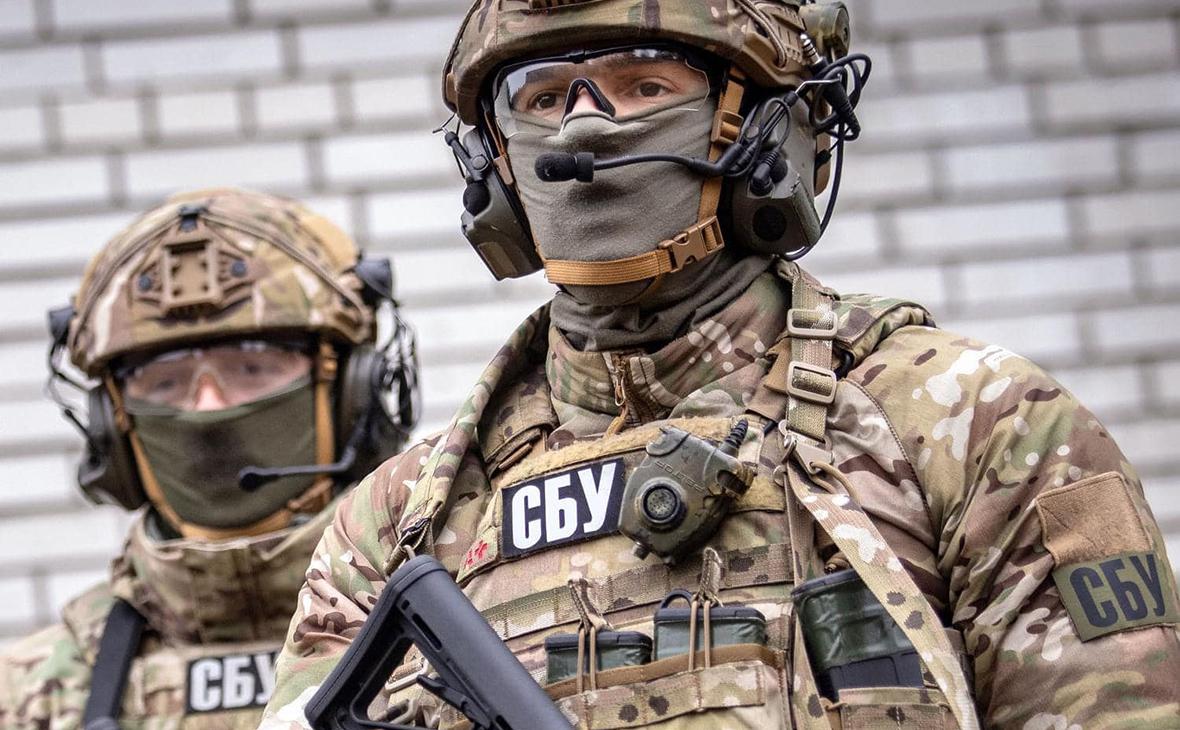At the same time, more than 70% of Ukrainians believe that the West is not "tired" of Ukraine yet and continues to provide support and expects the war's end on terms acceptable to our country.
Almost 90% of Ukrainians believe that their authorities will not agree to compromises with Russia that are unacceptable for Ukraine.
This is evidenced by the survey conducted by the Kyiv International Institute of Sociology (KIIS) from 7 to 13 September.
Only 5% of Ukrainians share the narrative of a 'treacherous' government that is 'ready and able to make unacceptable compromises for Ukraine with Russia'. At the same time, 87% of Ukrainians believe that the Ukrainian authorities will not make unacceptable compromises.
Thus, in all regions, at least 80% believe that the government can make unacceptable compromises (from 91% in the West to 80% in the East think so). Only 3-9%, depending on the region, believe that the authorities can make such compromises.
Also, only 15% of Ukrainians believe that the West is tired of Ukraine and wants Ukraine to negotiate with Russia.
Same time 73% of Ukrainians believe that the West continues to support Ukraine and expects the war to end on terms acceptable to Ukraine.
And in this case, we see a general unity of views of residents of different regions - from 67% in the West to 75% in the East believe that the West continues to actively support Ukraine (at the same time, the narrative of "split" that the West is tired is shared by 13-18%, depending on the region).
Ukrainians, for the most part, do not share the narratives of "split" that agents of Russian influence are trying to instill in us. Relevant narratives can be broadcast both by openly Russian and pro-Russian agents of influence, and by Ukrainian politicians, experts, and journalists, who may not be fully aware of the far-reaching consequences of their publicly expressed "views." Critically important is the absolute belief that the authorities will not "surrender" the interests of Ukraine, as well as the belief of the vast majority that the political and military leadership are acting in harmony (although this very topic is attacked by irresponsible Ukrainian subjects who do more harm than the Russians to the unity of Ukraine).
At the same time, the fact that a third of the respondents want to bring to justice right now for possible miscalculations in the preparation for the war shows the need for continued balanced and reasoned communication on the part of the authorities. After all, the majority of the population has social unity as a priority, which allows channeling this issue into the future after victory. However, it is not necessary to assume that there are no problems at the moment, since once again targeted media activity can once again stir up the public with the demand for "punishment".
It is also important to continue activities to convince the population that the West remains a reliable partner of Ukraine.
A potential weak point could be the narrative of "Western arms theft". Ukrainians usually tend to overestimate the prevalence of corruption, and in this matter more than a quarter of citizens also see "Ukrainian officials profiting from the war." This narrative needs to be debunked by any means possible.
And finally, in the situation of de-occupation, it is important to understand that the majority of citizens in the territories occupied after February 24 are victims of circumstances who are actually waiting for the Ukrainian armed forces and want liberation. Episodes of cooperation with the occupiers should be investigated and punished, but it should be remembered that the majority of residents are our fellow citizens and patriots. The narrative about the "predominance of collaborators and traitors" will make it difficult to return the territories under the authority of Ukraine and threaten the strengthening of unity.





















